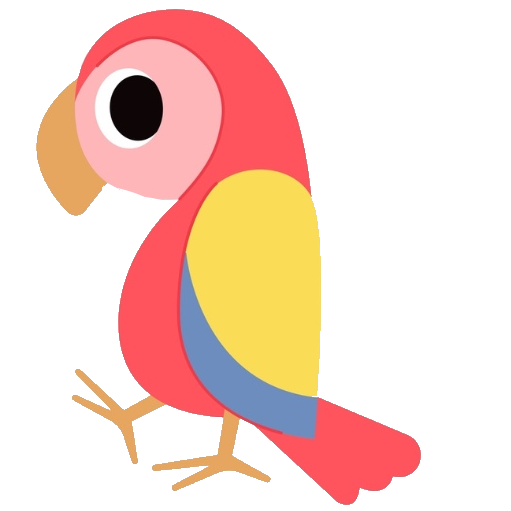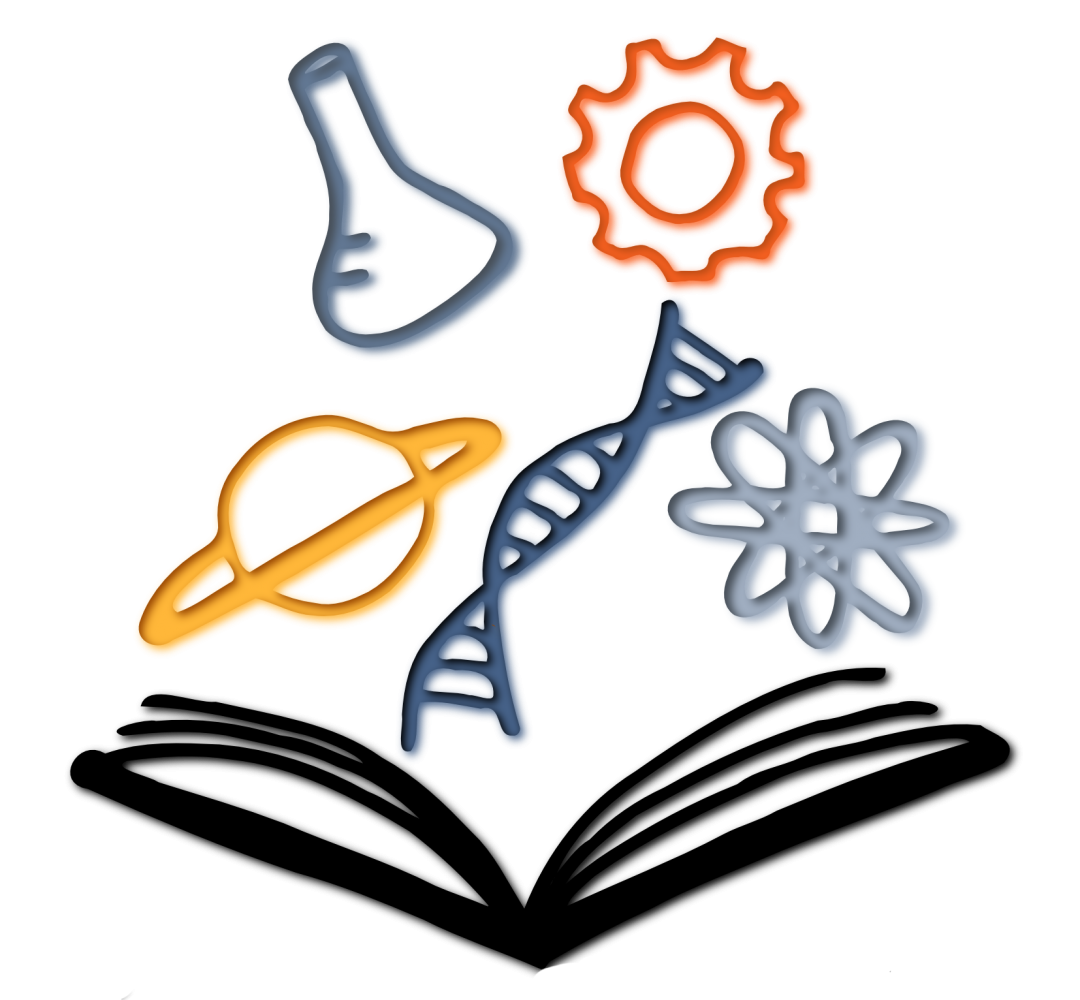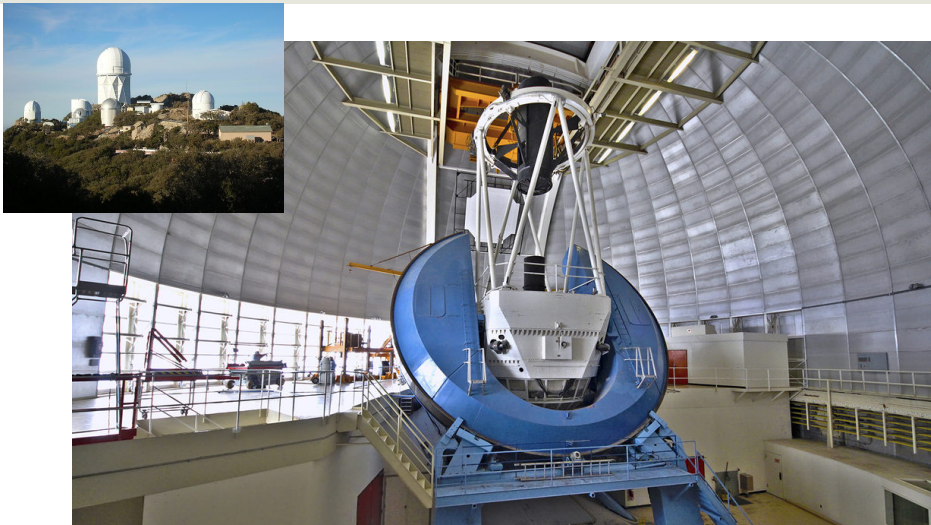

That’s truly sad to hear. Hopefully it will improve as Filipino culture becomes better known worldwide.


That’s truly sad to hear. Hopefully it will improve as Filipino culture becomes better known worldwide.
Recently replaced a small VMware cluster with it after a long testing period. Its working well generally. We have a couple of layers of PBS and the storage backend is varied. Some hardware raid some zfs. No major complaints so far with stability or performance


On the other hand profile management and switching has been greatly improved, a long overdue feature vs chrome


Summary, Patients will be able to get immunotherapy in the form of a vaccine called nivolumab in just 15 minutes, as opposed to an hour on an IV drip. England becomes the first country in Europe to offer it, with approximately 1,200 people receiving it each month for 15 different types of cancer, including skin, bladder, and oesophageal cancer. The medicine is a monoclonal antibody that attaches to a protein called PD-1 on a type of immune cell known as a T cell. It works by preventing cancer cells from deactivating T-cells, allowing the immune system to target and eliminate cancer cells.


From the interview: The main takeaway is that humans are special, but so are birds and reptiles. So our brains are amazing, but bird brains are even as amazing. We have neurons other species do not have. But the chicken, even the chicken, they do have neurons that we don’t have. So evolution has found so many different ways to generate complex brains, not just only one direct pathway from amphibians to humans. In this case, the tree of intelligence is a tree. It’s not just a single branch.


Their population is 135,000 as of 2018 according to Wikipedia. Although local populations ie in the Arabian Sea might be at risk having been genetically isolated for up to 70,000 years and in smaller numbers
Who knew that de-extinction would so easy


Our boy won’t talk to humans. He has appointed the girl as his spokescat and will headbutt her till she gets human attention. If she is sleeping elsewhere he gets quite confused how to ask for food. Why can’t they just read my ears then??!
Ah that what happens when you Google an article which explanes some historical connection to Plato etc but it then uses that to make a completely unrelated point ie woke is bad. I should have read the whole thing before linking it. Looking at the other articles on the site it is indeed mostly right wing propaganda. A better point is Dawnkin’s post about Platonic forms here https://www.edge.org/response-detail/25366 in response to the question what scientific idea should be retired in 2014? He points out essentialism is a problem for accepting evolution, and for so many other things.
And Plato would have gotten away with it too, if not for those meddling kids and their cladistics. Essentialism has been hugely damaging and is the foundation of most types of Creationism. https://newdiscourses.com/2021/02/essentialism-logical-fallacy-plaguing-us-since-plato/
Indeed, and in addition if your religion is not supported by the facts it’s time to revise its assumptions. Religion can deal with new evidence, it’s just rather slow compared to say human lifetimes. I suspect thats because the basis of many faiths reasoning is built on philosophy, Christianity in particular. Which is a kind of precursor to experimental science where progress is slow or even circular.

Use of Weapons is one of his best I feel. https://www.theguardian.com/books/2012/jul/20/book-club-use-of-weapons-iain-m-banks (contains spoilers)


Tau seems like the only remaining target for treating alzheimers so it good to see a new drug thats active in that space. Antiamyloid treatments have been ineffective. Interesting that it strenthens healthy tau structures rather than reducing overall levels of this useful/vital molecule Compared to this drug https://www.ucl.ac.uk/news/2023/apr/first-gene-silencing-drug-alzheimers-disease-shows-promise for example


Some points from the article:
Most scientific papers are incremental and rarely make headlines, with only a few results reaching the public. To assess scientific news, consider the timeline. Significant findings often build on years of research and also the scope, since broader claims usually lack robust support. Patience is essential - scientific conclusions are built via debate and scrutiny and evolve. While some science is just too incomplete to reach firm conclusions yet. The evidence is still accumulating. Like claims about the small-brained human relative Homo naledi. Did they make art, use fire, and bury their dead as claimed? Probably, but it’s too soon to say for sure.
Examples from the article include the South Pole telescope finding primordial waves from the earliest moments of the Big Bang - which sadly was just local dust. Also the phosphine in the Venusian atmosphere which the discoverers proposed came from some form of exotic life floating in the cloud tops. That was just flawed methodology.
Exciting research is often incorrect due to speculative ideas or over-narrow parameters. But speculation is needed. “if we knew the answers ahead of time, we wouldn’t need to do science”. Scientists also face pressure to publish high-impact results. That can lead to exaggerated findings or even fraud. Additionally, media sensationalism can distort scientific reporting. Trust in science has declined as contradictory claims in the media promote doubt about the scientific method. Some discoveries, like gravitational waves, are compelling and well-founded, but most intriguing results need caution.


Its a nice bit of tech. 73M in construction costs. The focal plane instrumentation alone weighs 10 tonnes. It includes 5,000 small computer controlled fiber positioners. The entire focal plane can be reconfigured for the next exposure in less than two minutes while the telescope slews to the next field. The DESI instrument is capable of taking 5,000 simultaneous spectra of different Galaxies



Also, for those concerned that Human brains have shrunk over the last thirty thousand years, there is good news: A large-scale study published in March 2024 by researchers at UC Davis Health found human brains have been getting larger over the last few decades. Study participants born in the 1970s had 6.6% larger brain volumes and almost 15% larger brain surface area than those born in the 1930s. This steady increase for people born after the 1930s, is believed to be due to better nutrition. https://health.ucdavis.edu/news/headlines/human-brains-are-getting-larger-that-may-be-good-news-for-dementia-risk/2024/03


These are the massive black holes that lurk at the core of most galaxies. Like the one at the center of our own milkyway galaxy. The question remains do they form at the center of baby galaxies or are they the seed which triggers a galaxy to develop and they just grow even larger over time. If early galaxies had massive black holes for their galaxy size, that suggests the last option. Primordial black holes that is ones that were formed in the big bang have been a possibility for a long time. They have been talked about by astronomers since the 1970s. It great that so much is being discovered now. Lots of surprises still coming I suspect. More info on primeval black holes here. https://physicsworld.com/a/concerning-primordial-black-holes/
But the workaround is complex and only temporary. Well Firefox has easier profiles now so really thats the last straw as far as chrome goes. It’s easy enough to migrate.